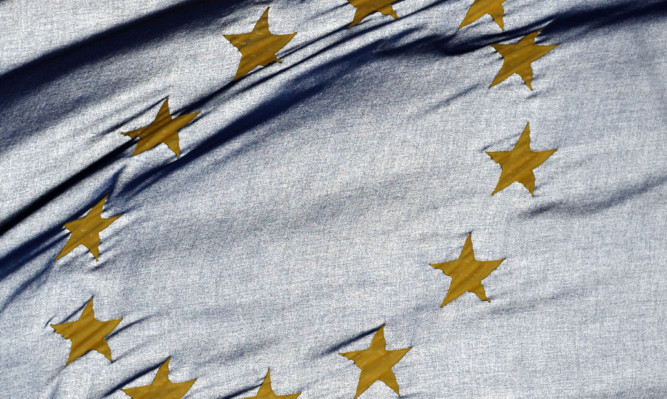Almost two-thirds of European voters want the UK to stay in the European Union, a new poll by Lord Ashcroft has found.
As Prime Minister David Cameron makes final efforts to bolster support for his proposed EU reforms before a crunch summit, six in 10 (60%) respondents across the EU said they would prefer the UK to remain a member.
But 30% said it did not matter and 10% revealed they preferred the UK to leave, according to the survey.
Ireland, Lithuania, Malta, Portugal, Romania and Spain were the keenest for the UK to stay in the EU, while Austria, Cyprus, France and Luxembourg were happiest for the UK to head for the Brexit.
UK respondents said “free trade with other EU countries” was the biggest benefit of membership, while in the other 27 EU countries combined, the largest benefit was “being able to travel freely throughout other EU countries”.
UK respondents also said “the scale of immigration from other EU countries” was the largest disadvantage of membership, while for those in the rest of the EU, it was “the imposition of unnecessary rules and regulations”.
The UK was seen as the third most influential country (41%) when it comes to EU decision-making, behind Germany (84%) and France (63%). Respondents in other EU countries were twice as likely as people in the UK to name the UK as an influential country.
Allowing the UK to opt out from “ever closer union” was the negotiating demand that respondents in other EU countries were most likely to think “not acceptable”.
In the poll’s popularity chart, the UK scored the second highest favourability rating from respondents in other EU countries, with a mean score of 72 out of 100, after Sweden’s 74.
Respondents in other EU countries were most likely to choose “polite” as the word that first sprang to mind when they thought of the UK (11%), followed by “patriotic” and “cosmopolitan” (both 9%).
However “status-conscious” and “arrogant” (both 8%) were the next most likely to be chosen.
* A total of 28,720 adults across the EU were interviewed online between January 20 and February 1 for the poll.
